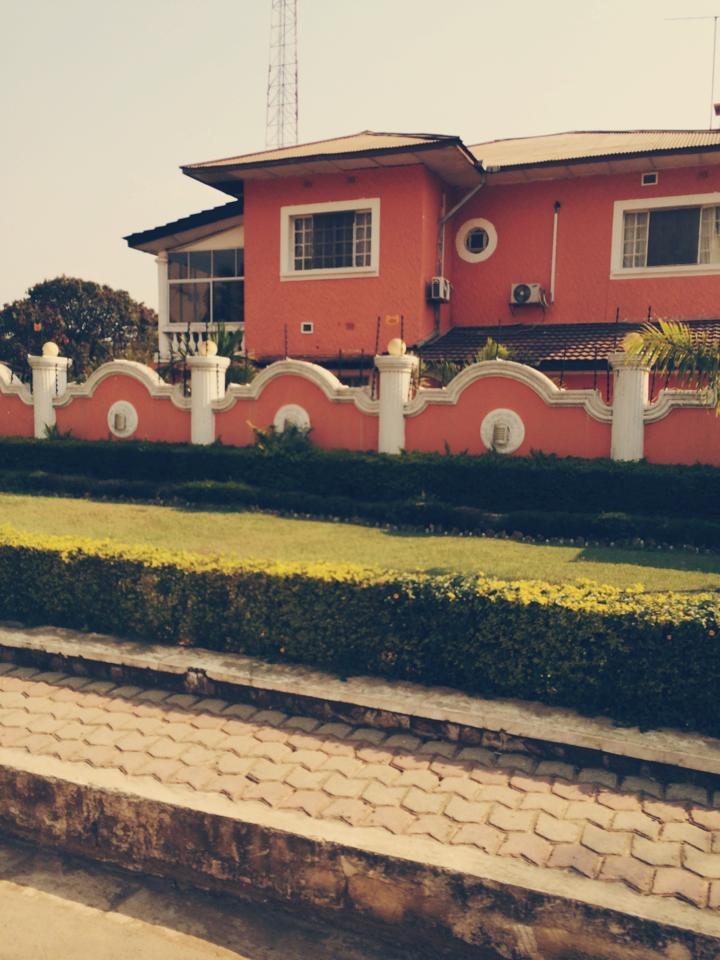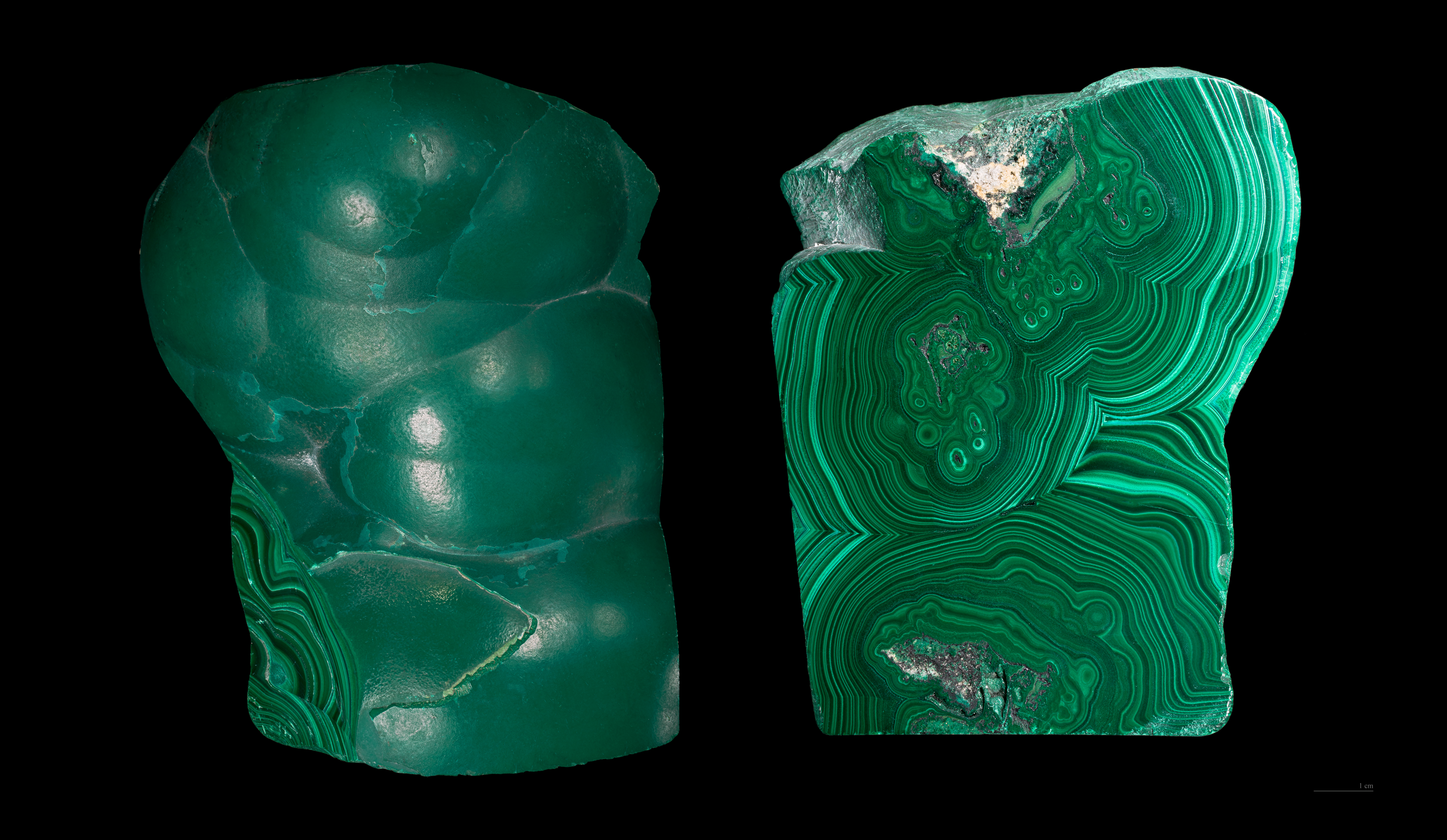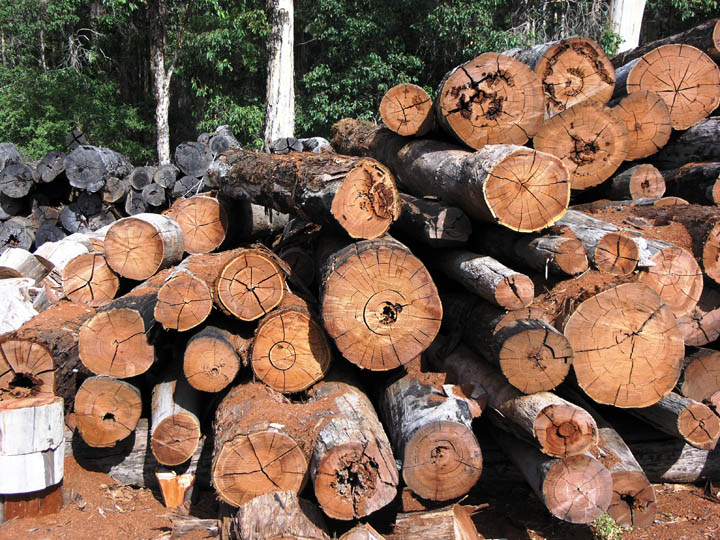|
George Arthur Forrest
George Arthur Forrest (born 1940) is a Belgian entrepreneur, owner of the Forrest Group (''Groupe Forrest''), a group of companies founded in the Belgian Congo in 1922 and active in wind power and hydroelectric energy, construction, mines and metallurgy, biological food and aviation. He has been described as a philanthropic employer. Forrest is reported to be one of the richest men in Congo. Background George Arthur Forrest was born in 1940 in Lubumbashi in what is now the Democratic Republic of the Congo (DRC). He was the son of an Irish immigrant. His father, Malta Forrest, had founded l'Entreprise Générale Malta Forrest (EGMF) in 1922 in Katanga Province in the south of the Belgian Congo. The company started as a transport company, then moved into mining and then into civil engineering. In 1968 it became a limited liability company, with George Forrest and his adoptive brother Victor Eskenazi-Forrest as Managing Directors. In 1986, after his brother died, George Forrest too ... [...More Info...] [...Related Items...] OR: [Wikipedia] [Google] [Baidu] |
√Člisabethville
Lubumbashi (former names: (French), ( Dutch)) is the second-largest city in the Democratic Republic of the Congo, located in the country's southeasternmost part, along the border with Zambia. The capital and principal city of the Haut-Katanga Province, Lubumbashi is the center of mining in the region, acting as a hub for many of the country's largest mining companies. No definite population figures are available, but the population of the city's urban area is estimated to be around 2,584,000 in 2021. History √Člisabethville under Belgian rule The Belgian government established the modern-day government in the city of ''√Člisabethville'' (sometimes Elizabethville, both in French, or Elisabethstad in Dutch) in 1910, named in honour of Queen Elisabeth, consort to King Albert I of the Belgians. By that time, the government had taken over the colony from King Leopold II, and renamed it as the Belgian Congo. This site was chosen by Vice-Governor-General Emile Wangerm√©e becaus ... [...More Info...] [...Related Items...] OR: [Wikipedia] [Google] [Baidu] |
Belgian Congo
The Belgian Congo (french: Congo belge, ; nl, Belgisch-Congo) was a Belgian colony in Central Africa from 1908 until independence in 1960. The former colony adopted its present name, the Democratic Republic of the Congo (DRC), in 1964. Colonial rule in the Congo began in the late 19th century. King Leopold II of the Belgians attempted to persuade the Belgian government to support colonial expansion around the then-largely unexploited Congo Basin. Their ambivalence resulted in Leopold's establishing a colony himself. With support from a number of Western countries, Leopold achieved international recognition of the Congo Free State in 1885. By the turn of the century, the violence used by Free State officials against indigenous Congolese and a ruthless system of economic exploitation led to intense diplomatic pressure on Belgium to take official control of the country, which it did by creating the Belgian Congo in 1908. Belgian rule in the Congo was based on the "colonial t ... [...More Info...] [...Related Items...] OR: [Wikipedia] [Google] [Baidu] |
Lubumbashi
Lubumbashi (former names: (French), ( Dutch)) is the second-largest city in the Democratic Republic of the Congo, located in the country's southeasternmost part, along the border with Zambia. The capital and principal city of the Haut-Katanga Province, Lubumbashi is the center of mining in the region, acting as a hub for many of the country's largest mining companies. No definite population figures are available, but the population of the city's urban area is estimated to be around 2,584,000 in 2021. History √Člisabethville under Belgian rule The Belgian government established the modern-day government in the city of ''√Člisabethville'' (sometimes Elizabethville, both in French, or Elisabethstad in Dutch) in 1910, named in honour of Queen Elisabeth, consort to King Albert I of the Belgians. By that time, the government had taken over the colony from King Leopold II, and renamed it as the Belgian Congo. This site was chosen by Vice-Governor-General Emile Wangerm√©e becau ... [...More Info...] [...Related Items...] OR: [Wikipedia] [Google] [Baidu] |
Katanga Province
Katanga was one of the four large provinces created in the Belgian Congo in 1914. It was one of the eleven provinces of the Democratic Republic of the Congo between 1966 and 2015, when it was split into the Tanganyika, Haut-Lomami, Lualaba, and Haut-Katanga provinces. Between 1971 and 1997 (during the rule of Mobutu Sese Seko when Congo was known as Zaire), its official name was Shaba Province. Katanga's area encompassed . Farming and ranching are carried out on the Katanga Plateau. The eastern part of the province is considered to be a rich mining region, which supplies cobalt, copper, tin, radium, uranium, and diamonds. The region's former capital, Lubumbashi, is the second-largest city in the Congo. History Copper mining in Katanga dates back over 1,000 years, and mines in the region were producing standard-sized ingots of copper for international transport by the end of the 10th century CE. In the 1890s, the province was beleaguered from the south by Cecil Rhod ... [...More Info...] [...Related Items...] OR: [Wikipedia] [Google] [Baidu] |
Democratic Republic Of The Congo
The Democratic Republic of the Congo (french: République démocratique du Congo (RDC), colloquially "La RDC" ), informally Congo-Kinshasa, DR Congo, the DRC, the DROC, or the Congo, and formerly and also colloquially Zaire, is a country in Central Africa. It is bordered to the northwest by the Republic of the Congo, to the north by the Central African Republic, to the northeast by South Sudan, to the east by Uganda, Rwanda, and Burundi, and by Tanzania (across Lake Tanganyika), to the south and southeast by Zambia, to the southwest by Angola, and to the west by the South Atlantic Ocean and the Cabinda exclave of Angola. By area, it is the second-largest country in Africa and the 11th-largest in the world. With a population of around 108 million, the Democratic Republic of the Congo is the most populous officially Francophone country in the world. The national capital and largest city is Kinshasa, which is also the nation's economic center. Centered on the Congo ... [...More Info...] [...Related Items...] OR: [Wikipedia] [Google] [Baidu] |
Forrest Group
The Forrest Group (also Groupe Forrest) is a group of companies founded around the mining industry in 1922. As of 2018, the Forrest Group is active primarily in Central and East Africa. It is owned by George Arthur Forrest, a Belgian entrepreneur of New Zealand descent. Early history Malta Forrest launched ''l'Entreprise Générale Malta Forrest'' (EGMF), a transport company, in 1922, in Katanga Province in the south of the Belgian Congo. In 1933, the company moved into mining gold, copper and manganese in the Kolwezi, Musonoi and Kasekelesa mines. In 1951, the company undertook the mining and civil engineering works to open the Kisenge manganese mine. In the early 1950s, it broadened out into public works and civil engineering, building the roads, sewerage system and airport for the mining city of Kolwezi. Around this time, the firm began to focus on civil engineering in the western Katanga copper belt. Victor Eskenazi-Forrest, Malta Forrest’s adoptive son, helped his father t ... [...More Info...] [...Related Items...] OR: [Wikipedia] [Google] [Baidu] |
Democratic Republic Of Congo
The Democratic Republic of the Congo (french: République démocratique du Congo (RDC), colloquially "La RDC" ), informally Congo-Kinshasa, DR Congo, the DRC, the DROC, or the Congo, and formerly and also colloquially Zaire, is a country in Central Africa. It is bordered to the northwest by the Republic of the Congo, to the north by the Central African Republic, to the northeast by South Sudan, to the east by Uganda, Rwanda, and Burundi, and by Tanzania (across Lake Tanganyika), to the south and southeast by Zambia, to the southwest by Angola, and to the west by the South Atlantic Ocean and the Cabinda exclave of Angola. By area, it is the second-largest country in Africa and the 11th-largest in the world. With a population of around 108 million, the Democratic Republic of the Congo is the most populous officially Francophone country in the world. The national capital and largest city is Kinshasa, which is also the nation's economic center. Centered on the Congo Ba ... [...More Info...] [...Related Items...] OR: [Wikipedia] [Google] [Baidu] |
Second Congo War
The Second Congo War,, group=lower-alpha also known as the Great War of Africa or the Great African War and sometimes referred to as the African World War, began in the Democratic Republic of the Congo in August 1998, little more than a year after the First Congo War, and involved some of the same issues. The war officially ended in July 2003, when the Transitional Government of the Democratic Republic of the Congo took power. Although a peace agreement was signed in 2002, violence has continued in many regions of the country, especially in the east. Hostilities have continued since the ongoing Lord's Resistance Army insurgency, and the Kivu and Ituri conflicts. Nine African countries and around twenty-five armed groups became involved in the war. By 2008, the war and its aftermath had caused 5.4 million deaths, principally through disease and malnutrition, making the Second Congo War the deadliest conflict worldwide since World War II. Another 2 million were displaced fro ... [...More Info...] [...Related Items...] OR: [Wikipedia] [Google] [Baidu] |
United Nations
The United Nations (UN) is an intergovernmental organization whose stated purposes are to maintain international peace and security, develop friendly relations among nations, achieve international cooperation, and be a centre for harmonizing the actions of nations. It is the world's largest and most familiar international organization. The UN is headquartered on international territory in New York City, and has other main offices in Geneva, Nairobi, Vienna, and The Hague (home to the International Court of Justice). The UN was established after World War II with the aim of preventing future world wars, succeeding the League of Nations, which was characterized as ineffective. On 25 April 1945, 50 governments met in San Francisco for a conference and started drafting the UN Charter, which was adopted on 25 June 1945 and took effect on 24 October 1945, when the UN began operations. Pursuant to the Charter, the organization's objectives include maintaining internationa ... [...More Info...] [...Related Items...] OR: [Wikipedia] [Google] [Baidu] |
Exploitation Of Natural Resources
The exploitation of natural resources is the use of natural resources for economic growth, sometimes with a negative connotation of accompanying environmental degradation. It started to emerge on an industrial scale in the 19th century as the extraction and processing of raw materials (such as in mining, steam power, and machinery) developed much further than it had in preindustrial areas. During the 20th century, energy consumption rapidly increased. Today, about 80% of the world's energy consumption is sustained by the extraction of fossil fuels, which consists of oil, coal and natural gas. Another non-renewable resource that is exploited by humans is subsoil minerals such as precious metals that are mainly used in the production of industrial commodities. Intensive agriculture is an example of a mode of production that hinders many aspects of the natural environment, for example the degradation of forests in a terrestrial ecosystem and water pollution in an ... [...More Info...] [...Related Items...] OR: [Wikipedia] [Google] [Baidu] |
Belgian Businesspeople
Belgian may refer to: * Something of, or related to, Belgium * Belgians, people from Belgium or of Belgian descent * Languages of Belgium, languages spoken in Belgium, such as Dutch, French, and German *Ancient Belgian language, an extinct language formerly spoken in Gallia Belgica *Belgian Dutch or Flemish, a variant of Dutch *Belgian French, a variant of French *Belgian horse (other), various breeds of horse *Belgian waffle, in culinary contexts * SS ''Belgian'', a cargo ship in service with F Leyland & Co Ltd from 1919 to 1934 *''The Belgian'', a 1917 American silent film See also * *Belgica (other) Gallia Belgica was a province of the Roman Empire in present-day Belgium, Luxembourg, and the Netherlands. Belgica may also refer to: Places * Belgica Glacier, Antarctica * Belgica Guyot, an undersea tablemount off Antarctica * Belgica Mountai ... * Belgic (other) {{Disambiguation ... [...More Info...] [...Related Items...] OR: [Wikipedia] [Google] [Baidu] |
Living People
Related categories * :Year of birth missing (living people) / :Year of birth unknown * :Date of birth missing (living people) / :Date of birth unknown * :Place of birth missing (living people) / :Place of birth unknown * :Year of death missing / :Year of death unknown * :Date of death missing / :Date of death unknown * :Place of death missing / :Place of death unknown * :Missing middle or first names See also * :Dead people * :Template:L, which generates this category or death years, and birth year and sort keys. : {{DEFAULTSORT:Living people 21st-century people People by status ... [...More Info...] [...Related Items...] OR: [Wikipedia] [Google] [Baidu] |






